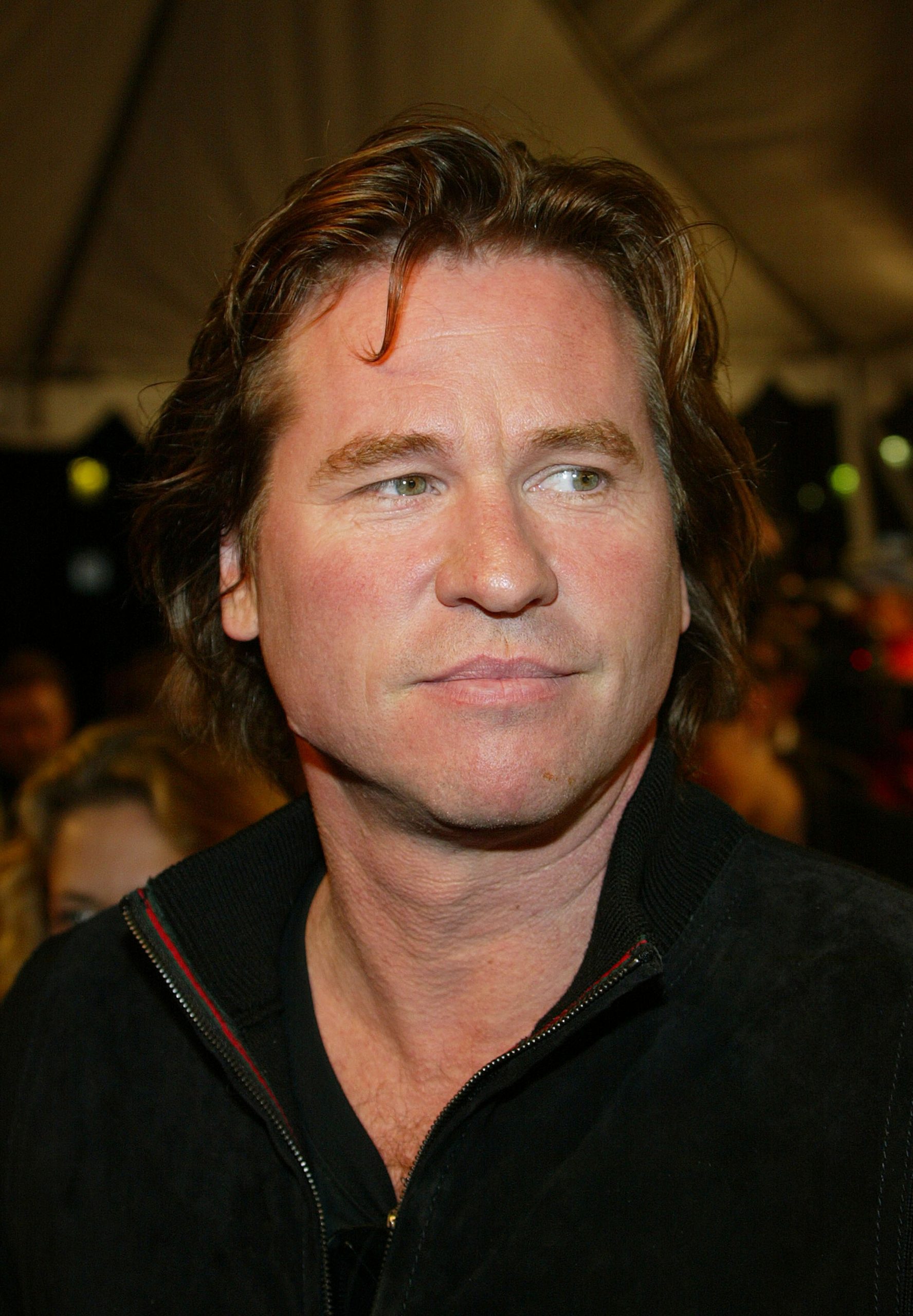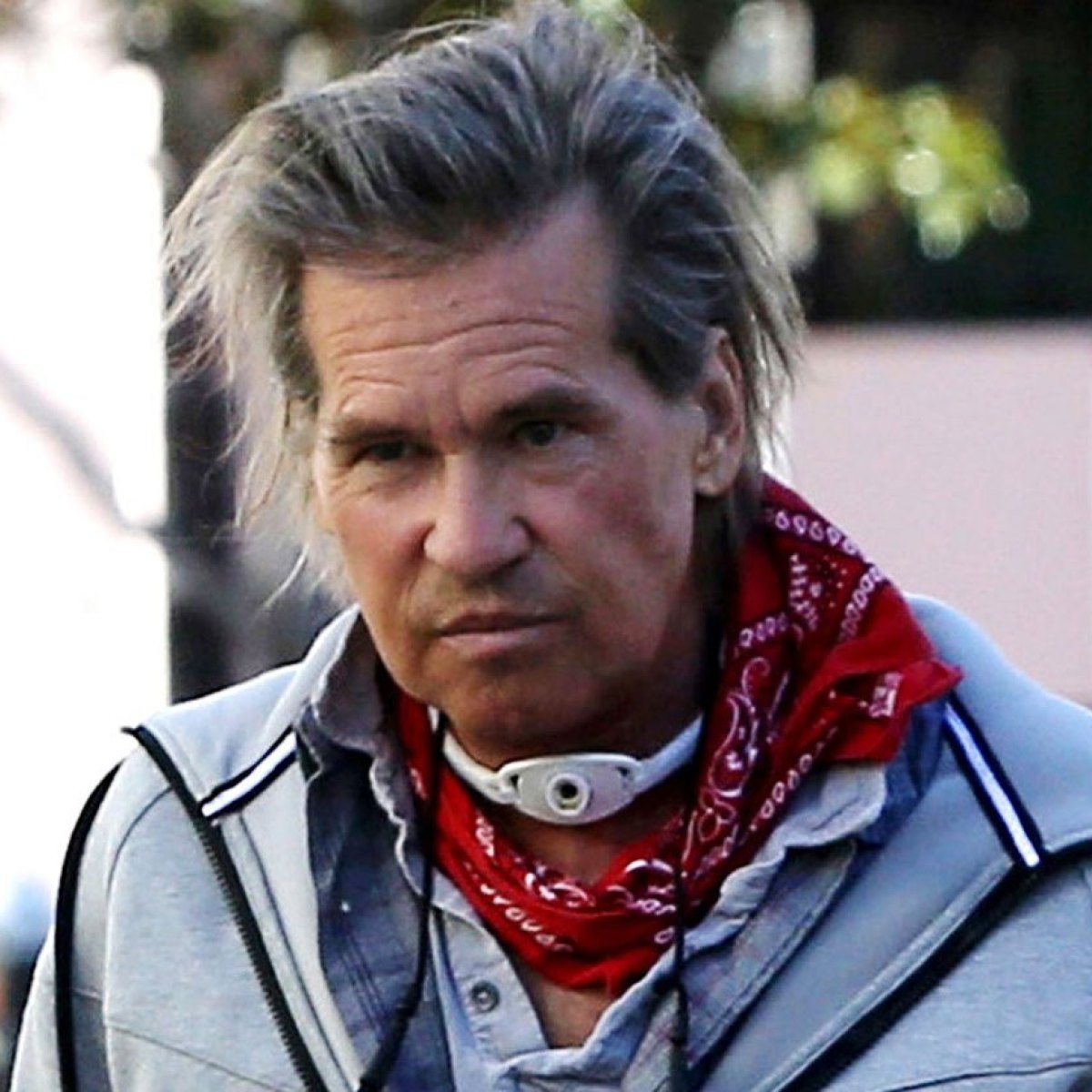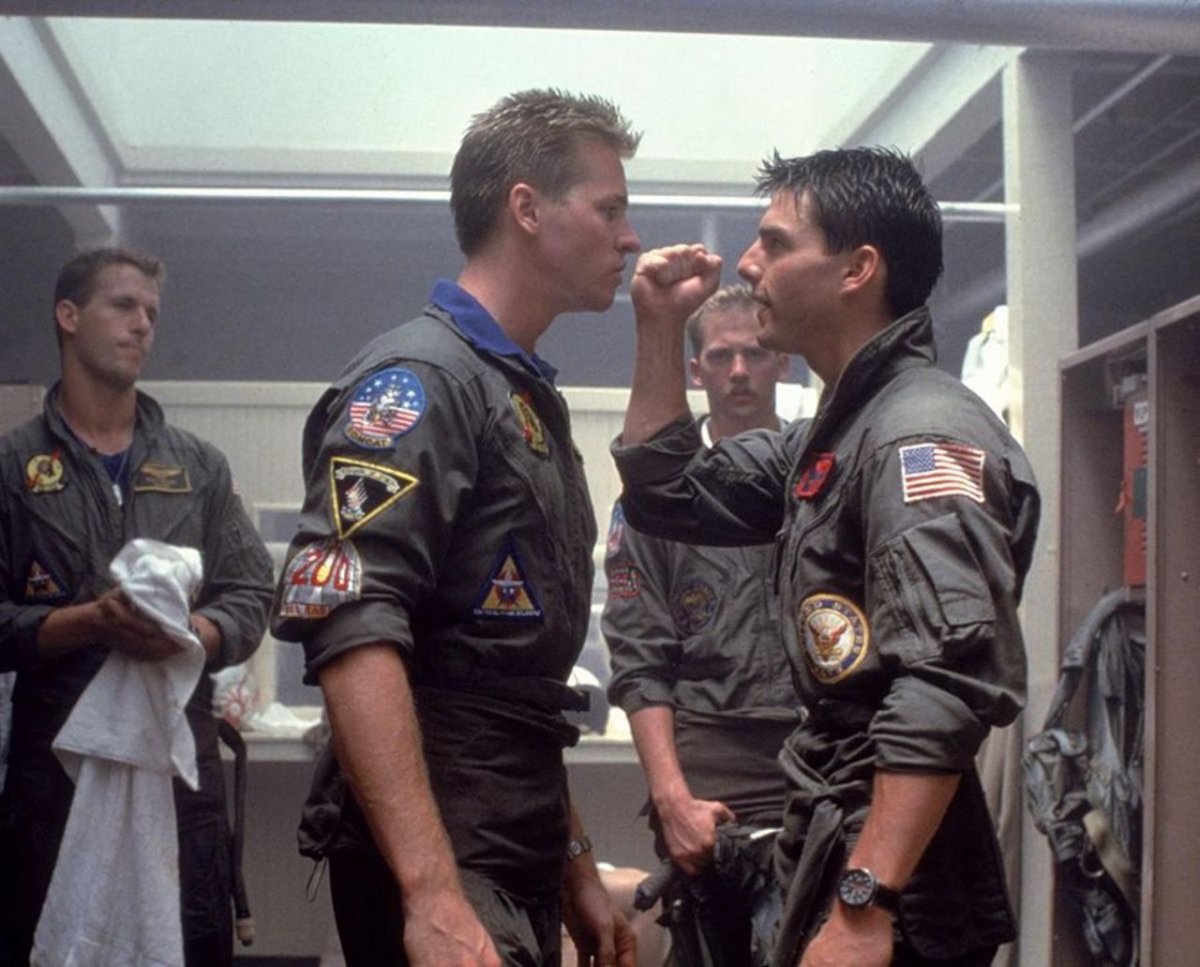The Vaccine Combatting HPV and Oral Cancers
- Actor Val Kilmer, 64, may be widely known for his role in Top Gun, but he holds the film Heat, co-starring Al Pacino and Robert De Niro, in high regard due to the friendships he developed with the esteemed actors.
- Kilmer’s voice was impacted by throat cancer treatment following his 2014 diagnosis. Despite the acting setback, after beating the cancer, he returned to the big screen with periodic roles.
- Though not all oral cancer is caused by the human papillomavirus (HPV), the most common sexually transmitted infection in the United States, there is a link.
- The vast majority of humans in the United States, both men and women, will eventually get infected with HPV, according to Dr. Allen Ho, a head and neck surgeon at Cedars-Sinai. The HPV vaccine is recommended to protect against these cancers.
Actor Val Kilmer, 64, burst onto the scene during the ‘80s with films like “Top Gun” and “Kill Me Again.” However, he believes that performing alongside Hollywood legends Al Pacino and Robert De Niro in “Heat” cemented his position in the film industry.
“Imagine being able to say, ‘Al and Bob’ for the rest of your life. Not many people can do that,” Kilmer said, according to film news outlet FandomWire.


Expert Resources on Oral Cancer and HPV
From Action Movies to Cancer Survivor
Years after Kilmer cemented his legacy in the world of acting, he was diagnosed with throat cancer in 2014. In an interview with The New York Times, Kilmer explained he did not immediately see his doctor for his symptoms.
He told the outlet he felt a big lump in his throat in 2014. After waking up in a pool of blood, he was convinced to see his doctor, who confirmed his cancer diagnosis.

Throat cancer is cancer that develops in your throat or voice box.
“[Throat] cancer can cause symptoms in the throat including sore throat, pain with swallowing, difficulty swallowing, the sensation of a lump or mass in the throat, ear pain, and less commonly voice changes, hoarseness or difficulty opening the jaw,” Dr. Ryan Hughes, a radiation oncologist at Wake Forest School of Medicine, told SurvivorNet.
“In the majority of patients, [throat cancer] does not cause symptoms in the throat but instead first presents with an otherwise asymptomatic mass in the neck,” Dr. Hughes added.

Kilmer underwent chemotherapy to help treat the cancer. He also underwent a tracheotomy procedure, which had an impact on his ability to speak. This procedure connects the windpipe to a hole in the front of your neck.
Interestingly, the actor continued working on production projects using artificial intelligence technology despite the tracheotomy’s impact on his voice. Sonantic created the technology, which used samples of Kilmer speaking to recreate his speech patterns.
Since undergoing treatment for throat cancer, Kilmer said he is healed in his memoir, “I’m Your Huckleberry.”
He also added, “I’m so grateful.”
HPV Is a Major Oral Cancer Risk Factor
The American Cancer Society says most people diagnosed with throat cancer (laryngeal cancer) are 55 or older. Although, Yale Medicine says throat cancer is becoming “more common in younger people due to the increased prevalence of HPV.”
The human papillomavirus (HPV) is “a group of more than 200 related viruses, some of which are spread through vaginal, anal or oral sex,” the National Cancer Institute says.
WATCH: HPV’s link to cancer.
HPV infection is linked to multiple cancers, and the majority of sexually active people will get the disease at some point in their lives.
Although nearly all cases of cervical cancer are indeed caused by HPV, people should also be aware that HPV puts both men and women at risk of developing several other cancers, such as oral cancer and cancers of the vagina, penis, anus, and throat.
Overall, HPV is believed to be the cause of 90% of anal and cervical cancers, approximately 70% of vaginal and vulvar cancers, and 60% of penile cancers.
People can protect themselves from HPV by taking the HPV vaccine. It is recommended to protect against HPV and HPV-related cancers.
Gardasil 9 is an HPV vaccine that offers protection against “nine HPV types: the two low-risk HPV types that cause most genital warts, plus seven high-risk HPV types that cause most HPV-related cancer,” according to the National Cancer Institute.
The vaccine creates an immune response to HPV 16, the primary cause of 92% of head and neck cancers. Once children are vaccinated, they cannot be infected with that strain. For parents, the HPV vaccine enables them to protect their children from developing cancer in the future.
The key to the vaccine is that you receive it before you become sexually active; hence, the vaccines are approved for children as young as nine years old.
WATCH: Why children should get the HPV vaccine?
The CDC also notes that teens and young adults through age 26 who didn’t start or finish the HPV vaccine series also need the vaccine.
Additionally, people with weakened immune systems or teens and young adults who started the series between 15 and 26 should get three doses instead of two.
Although adults up to 45 can still receive the vaccine, it’s not recommended for everyone older than 26. Still, a person older than 26 could choose to get vaccinated after talking to their doctor about possible benefits, even despite it being less effective in this age range, as more people have already been exposed to HPV by this point.
Learn more about SurvivorNet's rigorous medical review process.

